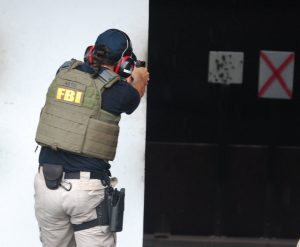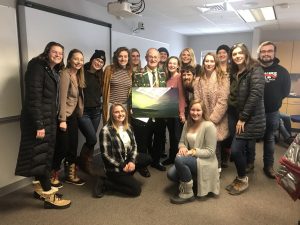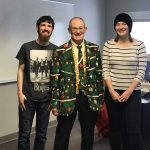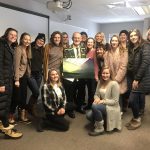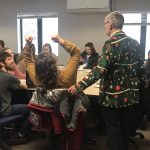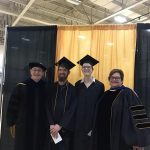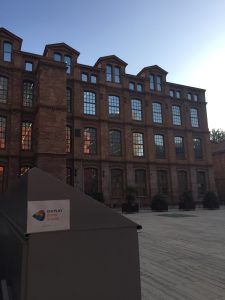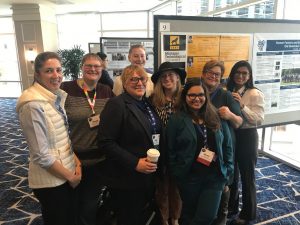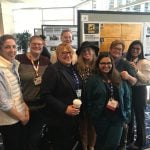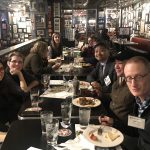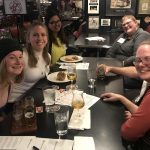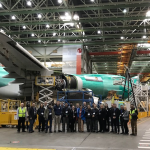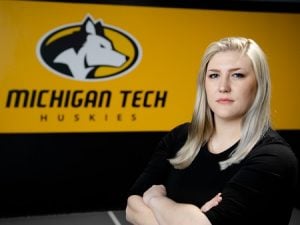Congratulations to Michigan Tech’s psychology students who presented their original research posters today to CLS faculty and graduate students…over Zoom! (That’s a first!)
The research, which students worked on all semester, covered a range of topics from personality to human factors, decision making to well-being.
Great job Huskies!
“The Effect of Mindfulness within Pre-Game Rituals on Self-Reported Confidence and the Acute Effects of Mindfulness on Present State of Well-Being” by Emilie Jacques and Tyrell Buckley.
“The Effects of Priming with Informative Videos on Likelihood to Report Symptoms of Seasonal Affective Disorder“ by Ashley Van Handel, Erin Casey, and Emily Wisz.
“The Effects of Gamer Status and Gender on Impulsivity in Decisions and Thoughts” by Mariah Clement.
“The Effect of Word List Length on False Memory Generation Using the Deese-Roediger-McDermott Paradigm” by Alex Pippenger
“Impact of Self-Esteem on Levels of Regret in Action-Inaction Decision Scenarios” by Brooke C. Poyhonen.

